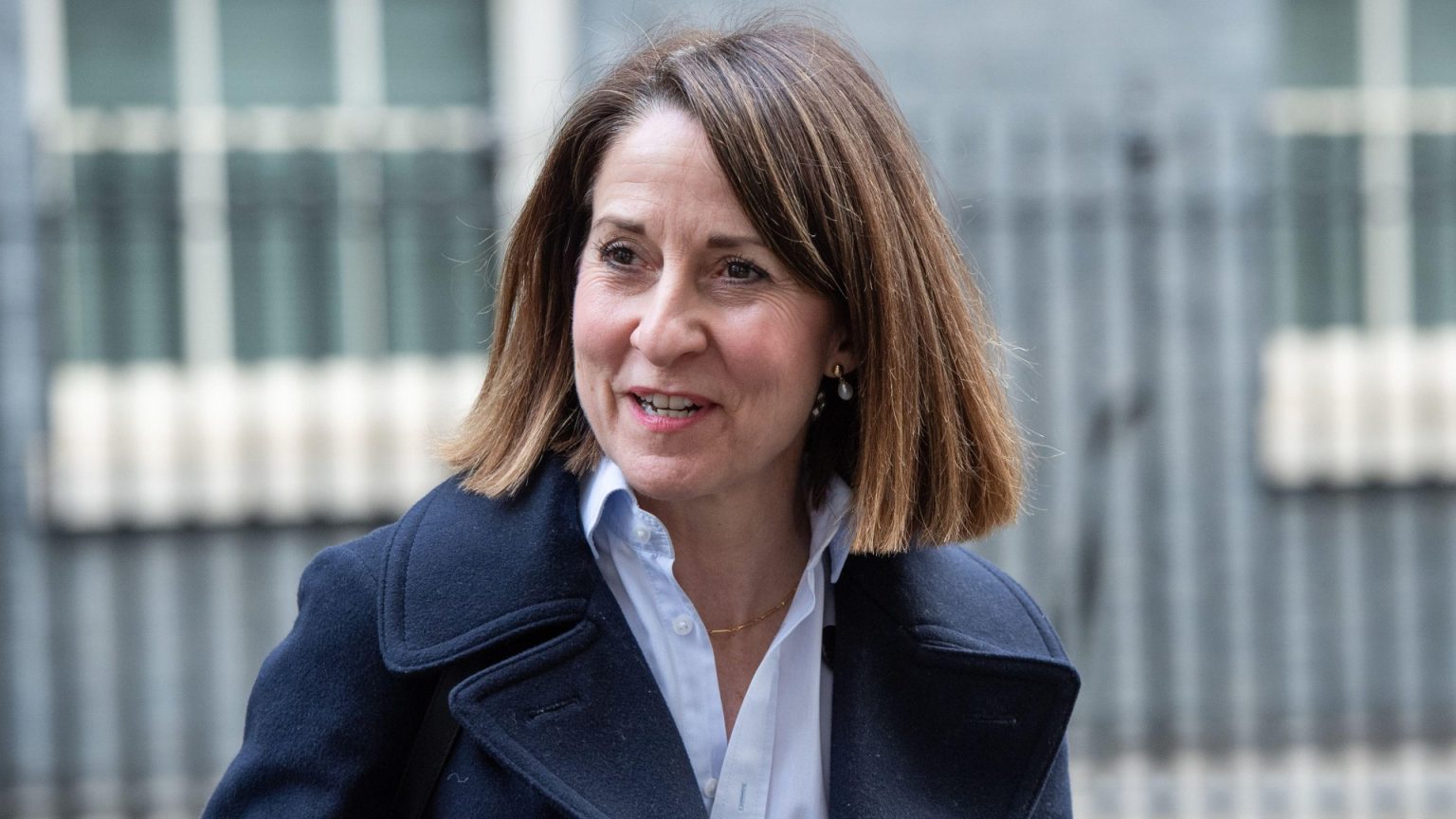The UK government is facing internal pressure and growing frustration over the perceived slow pace of welfare reforms aimed at reducing the burgeoning disability and sickness benefits bill. Work and Pensions Secretary Liz Kendall pledged in October to deliver “radical” reforms, targeting a £3 billion reduction before the next general election. However, Downing Street and the Treasury are reportedly exasperated by the delay in producing a concrete plan, with the anticipated Green Paper outlining these reforms now postponed until March. This delay pushes back the implementation timeline, potentially extending the process for over a year, causing concern among officials eager to see swifter action on welfare spending.
This internal tension highlights the delicate balancing act the government faces between fiscal responsibility and the need for comprehensive, considered reforms to a complex system. While Number 10 and the Treasury are pushing for rapid cost-cutting measures, the Department for Work and Pensions must navigate the complexities of welfare reform, ensuring that any changes are both effective in reducing expenditure and equitable in their impact on vulnerable individuals. The delay may reflect the challenges in designing reforms that achieve both these objectives, requiring careful consideration of the potential consequences and the need for thorough consultation.
The government’s stated commitment to tackling the “welfare mess” inherited from the previous administration underscores the political significance of these reforms. They emphasize the need to reduce the number of individuals relying on long-term sickness benefits and promote a welfare system that incentivizes work and improves living standards. This rhetoric positions the reforms as a necessary step towards a more sustainable and effective welfare system, while also serving as a critique of the previous government’s handling of welfare policy.
Adding to the pressure on welfare spending, broader budgetary constraints are forcing ministers to scrutinize every line of their departmental budgets. Chancellor Rachel Reeves is seeking ways to bolster public finances, leading to a government-wide effort to identify and eliminate unnecessary expenditure. Within this context, the delayed welfare reforms become even more critical, as they represent a significant potential source of savings. The focus on trimming the fat across government reflects the wider economic challenges facing the country and the need for fiscal prudence.
In parallel with the broader reform agenda, Ms. Kendall is also pursuing targeted measures to combat benefit fraud, aiming to save £1.5 billion over the next five years. New legislation is planned to grant the government powers to directly seize fraudulently obtained funds from the bank accounts of perpetrators. This streamlined approach aims to bypass the costly and time-consuming court battles previously required to recover such funds, offering a more efficient and effective means of tackling benefit fraud.
The scale of the challenge is highlighted by the estimated £10 billion annual cost of welfare fraud and errors, with a staggering £35 billion incorrectly disbursed since the start of the pandemic. These figures underscore the urgency of the government’s efforts to address both systemic issues and individual instances of fraud within the welfare system. The proposed measures to seize assets directly represent a significant step towards holding fraudsters accountable and deterring future abuses of the system, while also contributing to the broader goal of fiscal responsibility. This multifaceted approach aims to address both the immediate need for cost savings and the longer-term goal of creating a more sustainable and equitable welfare system.




